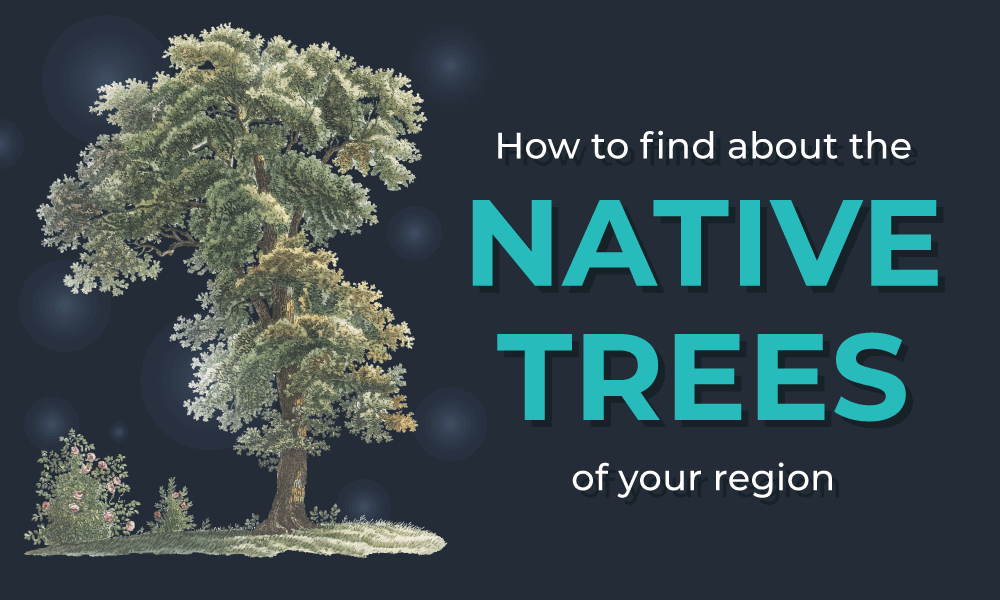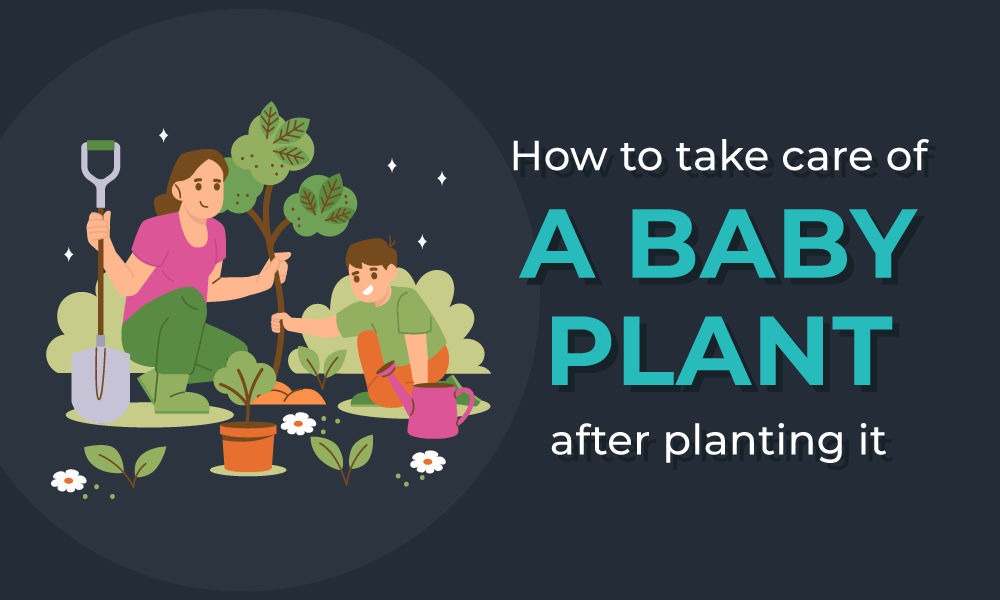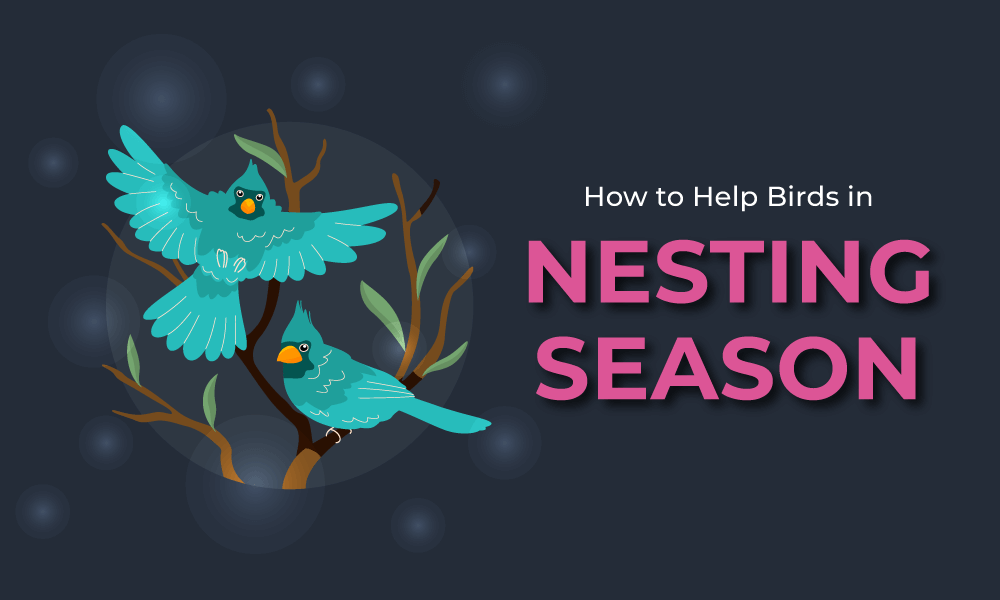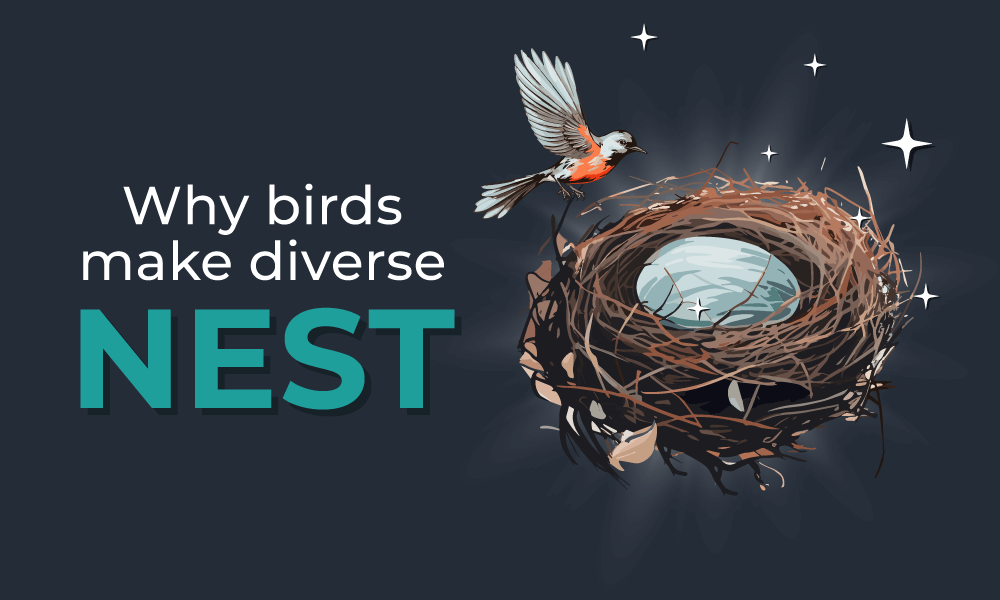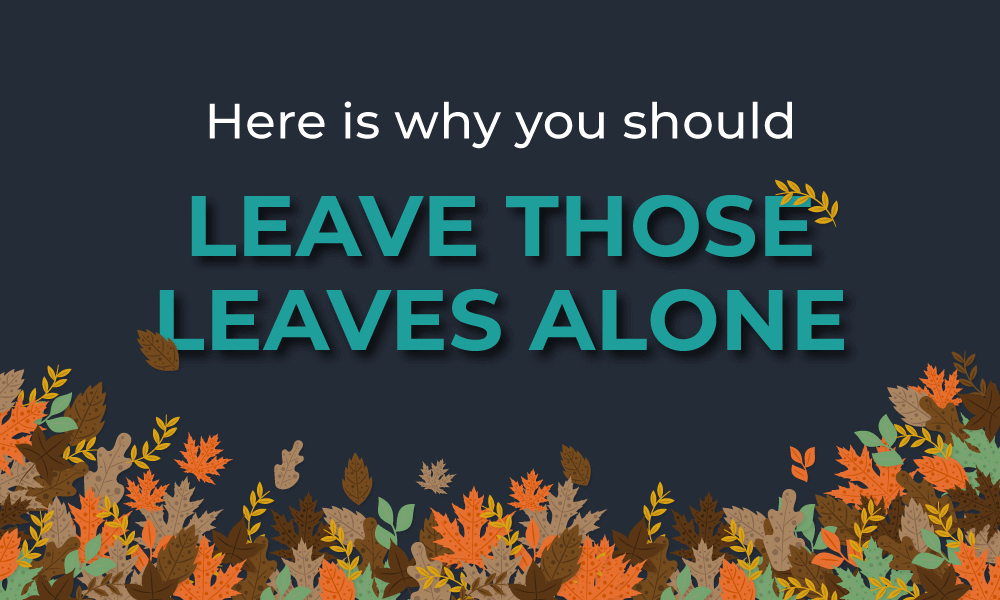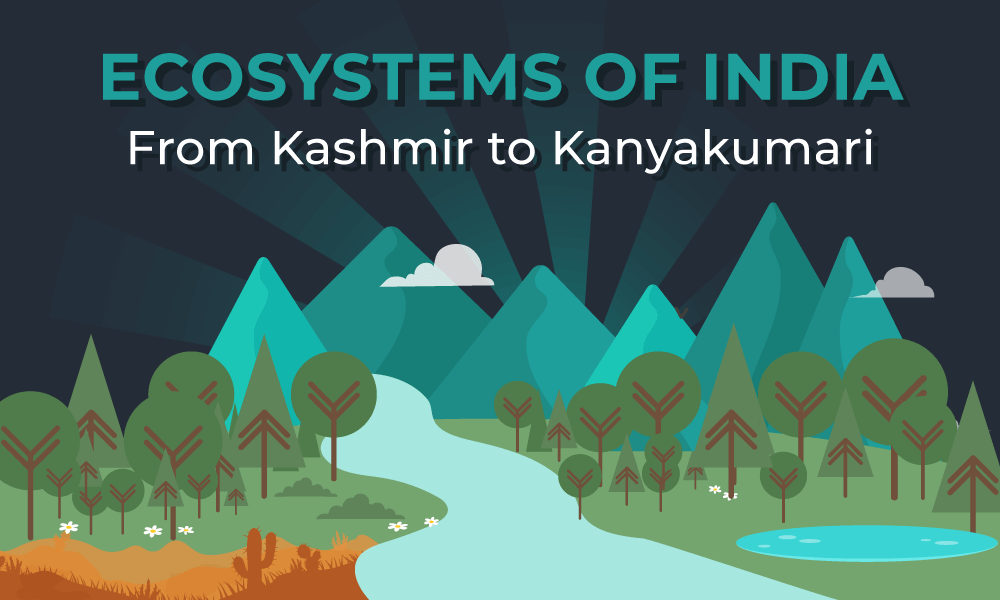There is nothing like the monsoon season. All the rain and the grey clouds. Many of us have been waiting for the refreshing relief it brings after months of hot, dry weather. It gives a boost to flowering plants, everywhere it all looked more green and lush. Monsoon season brings so many transformations to our environment – and it is important to be prepared for these changes as much as possible. Of course, those changes are not always positive. You have probably noticed that your home is more likely to be visited by some unwanted guests like snakes and other insects. That’s why today we are going to talk about Do and don’ts for this monsoon season so that it will be the best for nature and us.
Best time to plant trees
There is no better time than this for planting plants and trees, no matter if you are planting in your garden or on a mission to make the planet greener.
The monsoon typically runs from June to September. Monsoon is the best time because the soil is moist, and the rain provides the necessary nutrients for the tree to grow. It is also important to choose the right species of tree for the specific region and soil type. You can read: how to find out about the native trees of your area.
If you are someone who is on a mission then this is the best time to prepare seed balls, throwing seed balls in the monsoon is one of the most successful ways of planting and the easiest one. All you need is seeds, dirt, water and a love for nature.
Rainwater harvesting
This is one of the most important things we can do this monsoon, today more than 50% of India is going through drought. And the reason behind this massive drought is the declining level of groundwater. The water level is so low now, that even after digging deep down we might not get water. And the main reason behind all this groundwater is that we have covered our land with concrete. Before concrete whenever it rains all the rainwater sinks into the ground making the groundwater level back again. But since we are using concrete everywhere there is no way for water to reach the underground.

Here are some small ways you can try this monsoon to increase the groundwater in your area
1. Collect the water in a tank
You can try making a water collection setup that collects all the rainwater and fills it in your main water tank, that way your water tank will not be getting filled by the groundwater so it will stay in the ground.
2. Rain garden
If you have any small piece of bare land to any big land, all you have to do is just grow some trees or plants in that area and try to redirect all the roof, and balcony water to get collected in that area. That way slowly it will sink deep in the ground.
Shelter for street animals
We might be enjoying the rain with tea and pakora but the street animals don’t have anywhere to go and take shelter. There are over 6.2 crore stray dogs and around 90 lakh stray cats across India. During the monsoon, these animals often suffer from hunger, cold, and flu, and in extreme cases, even die. Accidents and drowning incidents are also common during this season.
Before this man-made world, they would have been taking shelter in the trees or under the trees but since there are no trees and just our homes it is our responsibility to care for these furry animals.
During the heavy rain and water clog situation just letting them in your home is more than enough for them.
Don’t kill all those insects
I know you did not want to hear this but yes all those tiny little insects have their role in the ecosystem. Some of them are pollinators, some of them fix the soil while others are just hanging around.
Ok but why there is so many insects in the monsoon?
Insects are more active during the monsoon season due to the warm, humid climate, which creates the perfect environment for them to breed and develop. Insects lay their eggs in damp soil and stagnant water, and the increased moisture and humidity also provide abundant food sources for them. For example, bees, butterflies, and other pollinators are attracted to the nectar, sap, and pollen from the growing vegetation, while grasshoppers, caterpillars, and leafhoppers feast on the wet leaves.
But I know not everyone likes insects even if you love nature and that is fine so here are a few tips for you to help keep insects away.
1. Natural insect repellents
You can try planting natural insect repellents such as basil, lavender, aloe vera, tulsi, lemongrass, garlic, mint, rosemary, catnip, and citronella. You can also make natural insect repellent sprays.
2. Keeping the door and window closed
That is simple, just check that all the door and windows is closed so that there will be no insect invasion in your house.
3. Drainage
Before the rain check all the drainage and make sure that all the entry points are covered with drainage cover plates.
Snake problem
Yes, snakes are more active during the monsoon season because the rains create conditions that are favourable for them. Snakes can also enter in house especially young snakes that can squeeze through small gaps. They may be looking for warmth, shelter, or food, but garbage can also attract rats, which in turn attract snakes.
Rains can flood snakes’ living spaces, forcing them to seek shelter in buildings, under thickets, or in rocks and crevices. The wet ground forces prey out into the open, making it easier for snakes to find food not just that, humid weather is also suitable for snakes. The monsoon season is also a good time for snakes to mate.
Here are some tips to stop snakes from entering your home:
- Keep your space clean
- Seal cracks, holes, and gaps under doors
- Cover windows and drain pipes with drainage cover plate
- Trim grass, shrubs, and tree branches that touch your house
- If you find a snake in your home or nearby, you should contact wildlife rescue experts. You should not try to catch the snake yourself.
With all that said now I hope you are ready for the monsoon season, Happy monsoon!!
Read more : What to Do and Not Do if a Snake Bites You
If you have some suggestion on which we should write or you have any query and something else you can contact us. Please do share this blog with your family, friends, and others so they can all learn Do and don’ts for this monsoon season.




























